“We Continue To Innovate Even With The Limited Means”
- Par Brenda
- 12 mars 2024 11:00
- 0 Likes
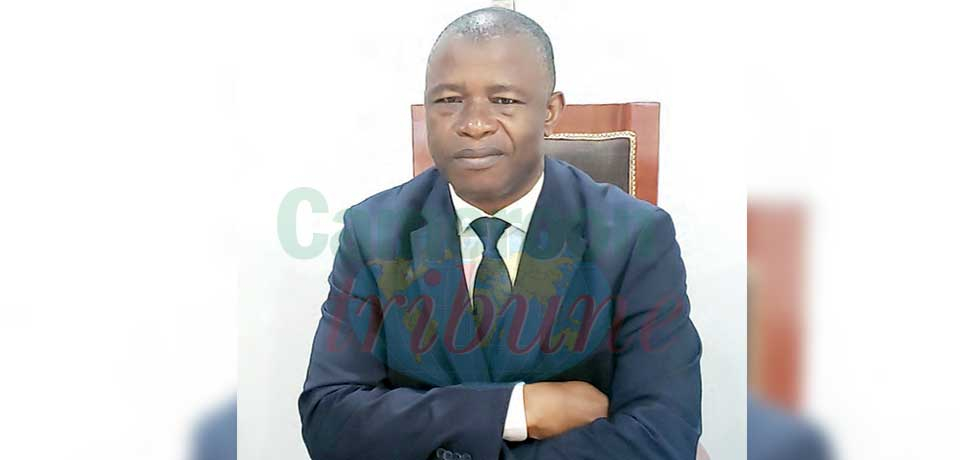
Forghab Patrick Mbomba, Deputy Director General of the National Observatory on Climate change (NOCC).
Has there ever been a situation where the climate forecast from your structure is not accurate? If yes, what could be the cause?
It would be dishonest to say our forecasts are 100 per cent accurate, even the most advanced weather forecasters find it challenging. The earth's climate system is very complex, with interactions between various atmospheric, oceanic, and land surface dynamics. Despite significant advancements in modelling techniques, there are inherent uncertainties in capturing all the intricacies of the climate system accurately. Small errors or incomplete understanding of these processes can lead to inaccuracies in climate forecasts. Again, climate forecasts heavily rely on accurate and comprehensive data. In some cases, there may be gaps or errors in the data used for initial conditions or model initialization. Limited coverage of ground observation networks, machine power, or incomplete historical records can affect the accuracy of climate forecasts. Climate forecasts can also be influenced by external factors that are difficult to predict accurately. For example, sudden and unpredictable events like changes in solar radiation or volcanic eruptions can impact global climate patterns. These external factors are challenging to incorporate into models and can lead to forecast errors. Climate forecasts can also become less accurate as the time frame extends into the future or as the spatial scale becomes smaller. Even if climate forecasts are accurate, their interpretation and communication to the public can sometimes introduce errors or misunderstandings.
After publishing the climate alerts, what does your structure do to ensure that the recommendations are taken into consideration?
The NOCC actively collaborates with various stakeholders, local authorities and sectorial ministries. These collaborations help ensure that the alerts are disseminated widely and reach the target audience effectively. NOCC also use multiple communication channels to spread the impact of climate alerts. This includes broadcasting the alerts through television, radio, and social media platforms, as well as utilizing its mobile application, website, and email notifications. By using these diverse channels, NOCC aims to maximize the visibility and accessibility of the alerts, increasing the chances of them being noticed and acted upon. NOCC also provides specific recommendations tailored to different agro-ecological zones and communities. We also seek feedback from the public, stakeholders, and decision-makers. This feedback helps us assess the effectiveness of the alerts and identify areas for improvement. To reinforce the importance of climate alerts and encourage their consideration, public awareness campaigns are conducted regularly. By raising awareness an...
Cet article complet est réservé aux abonnés
Déjà abonné ? Identifiez-vous >
Accédez en illimité à Cameroon Tribune Digital à partir de 26250 FCFA
Je M'abonne1 minute suffit pour vous abonner à Cameroon Tribune Digital !
- Votre numéro spécial cameroon-tribune en version numérique
- Des encarts
- Des appels d'offres exclusives
- D'avant-première (accès 24h avant la publication)
- Des éditions consultables sur tous supports (smartphone, tablettes, PC)








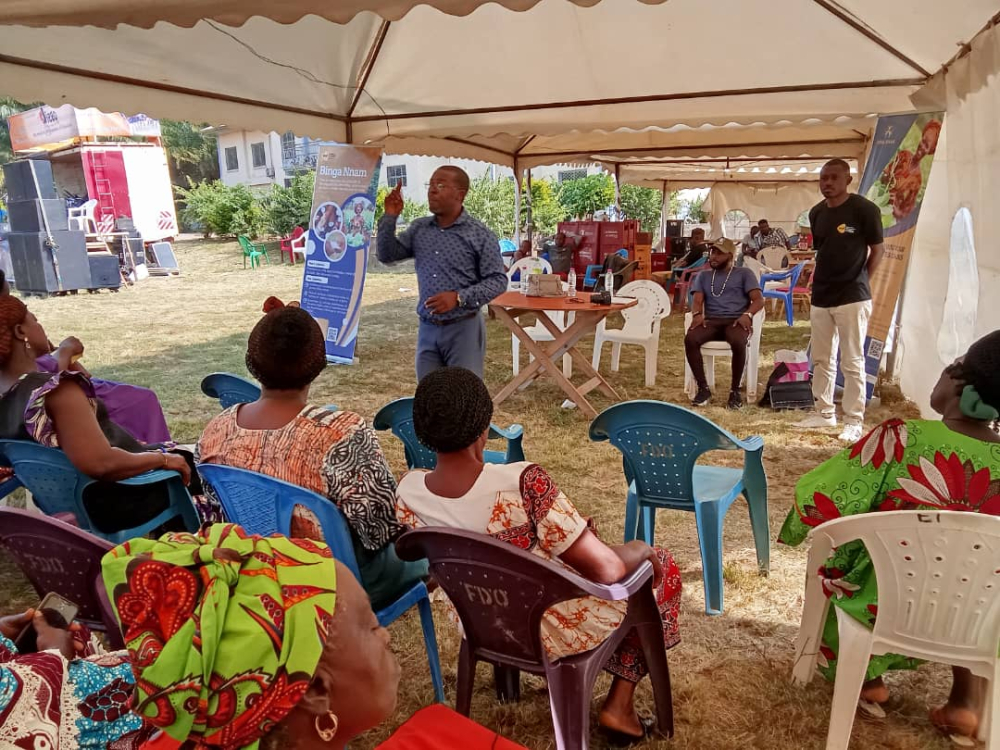
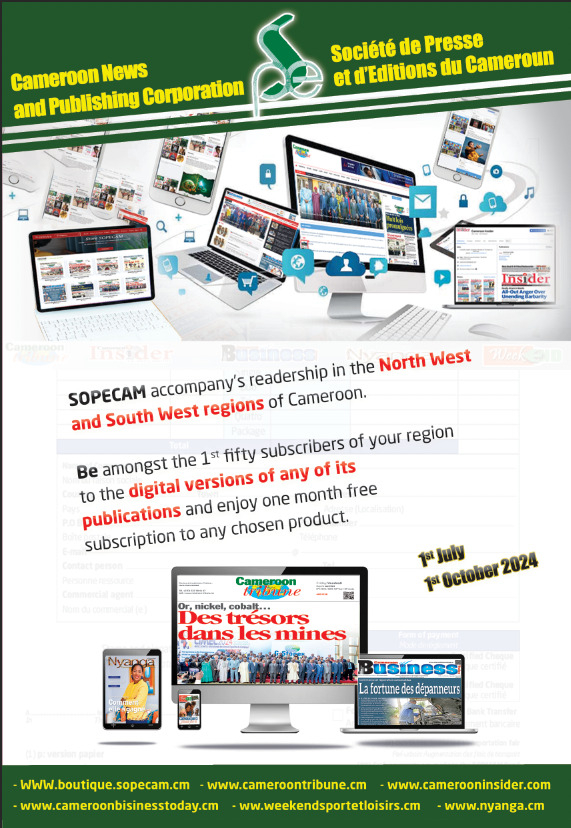
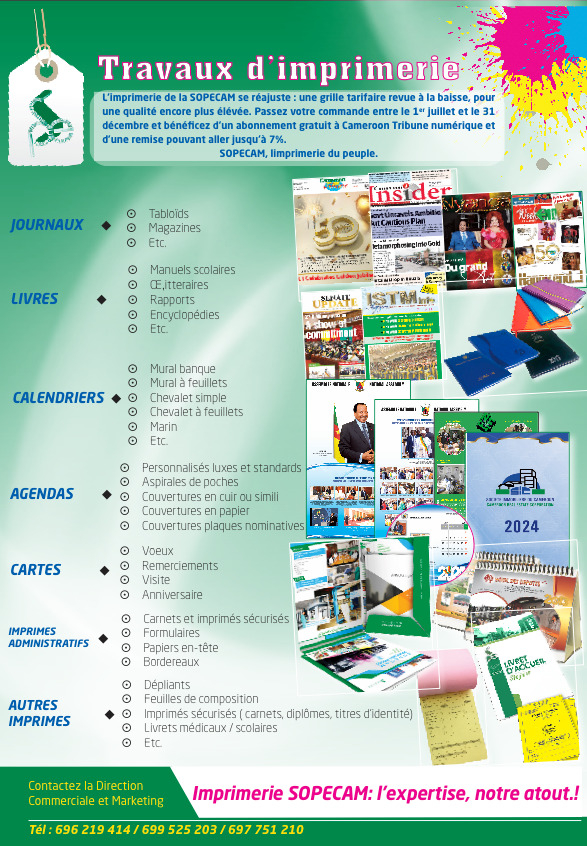
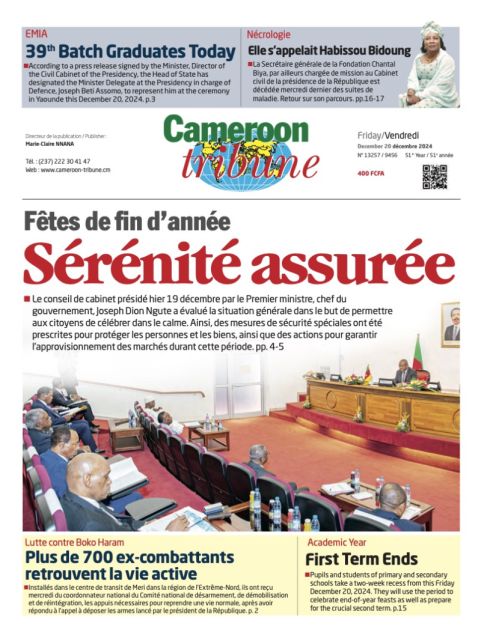




Commentaires